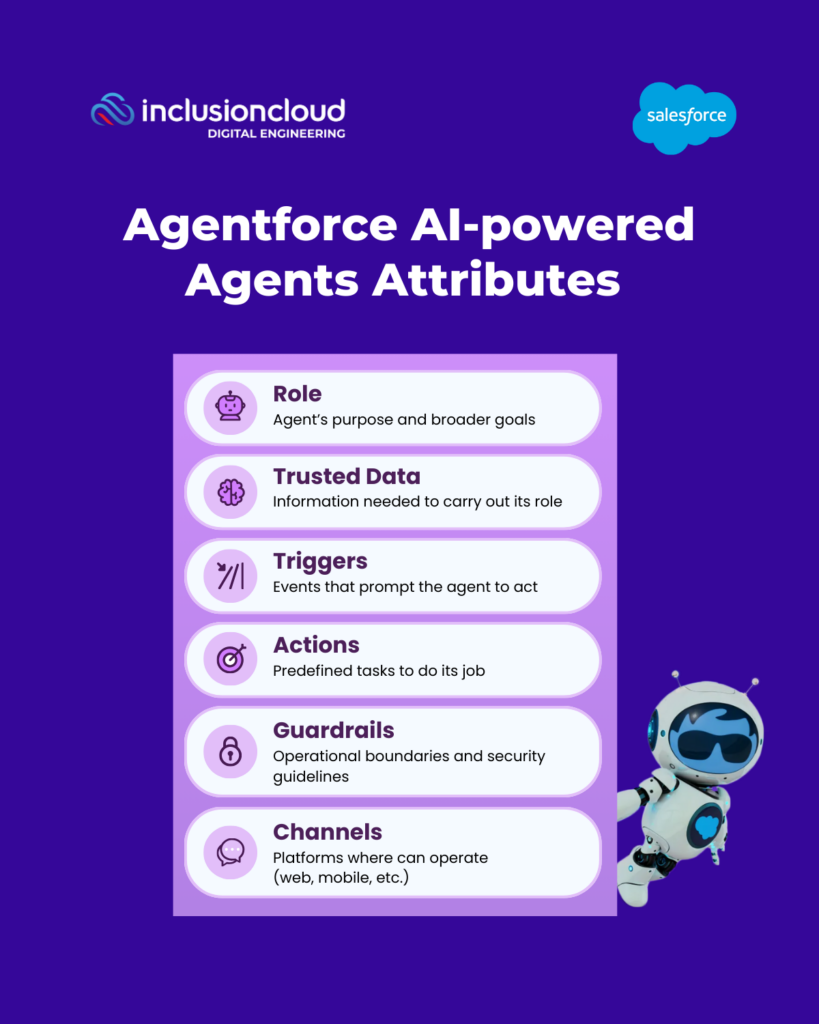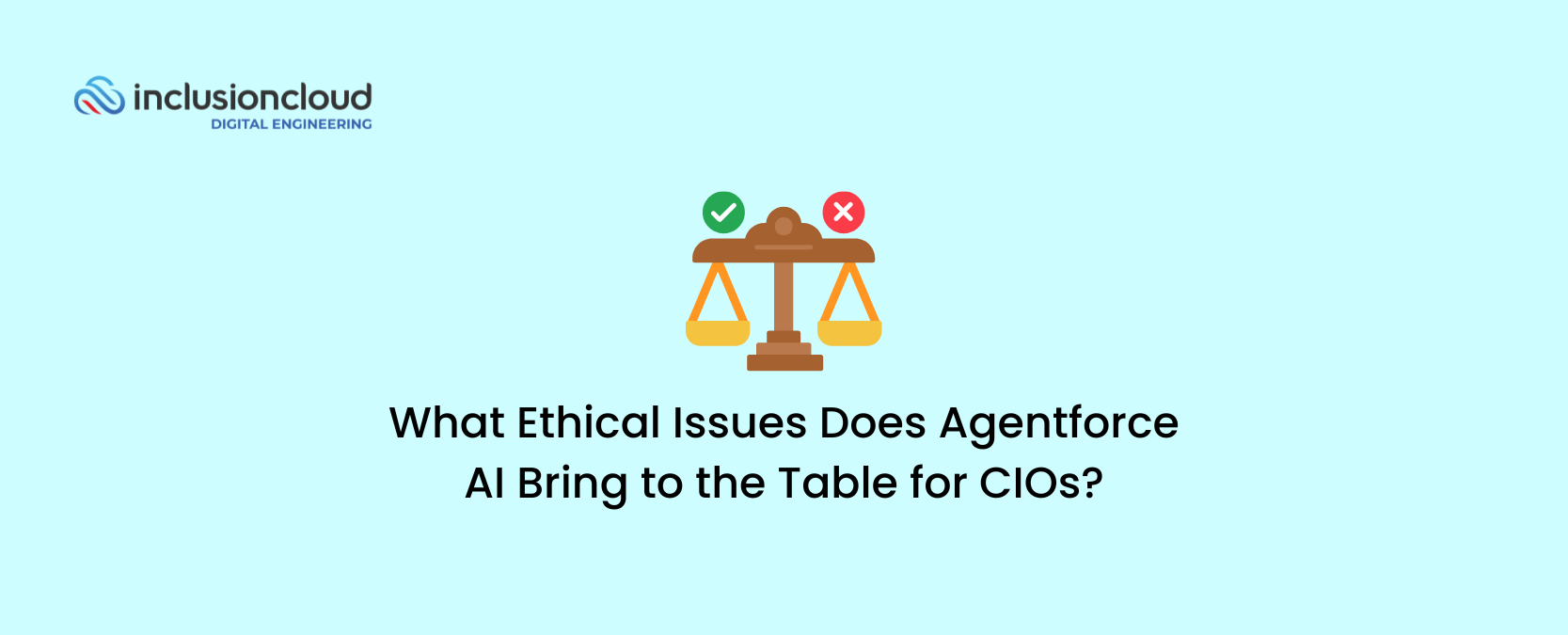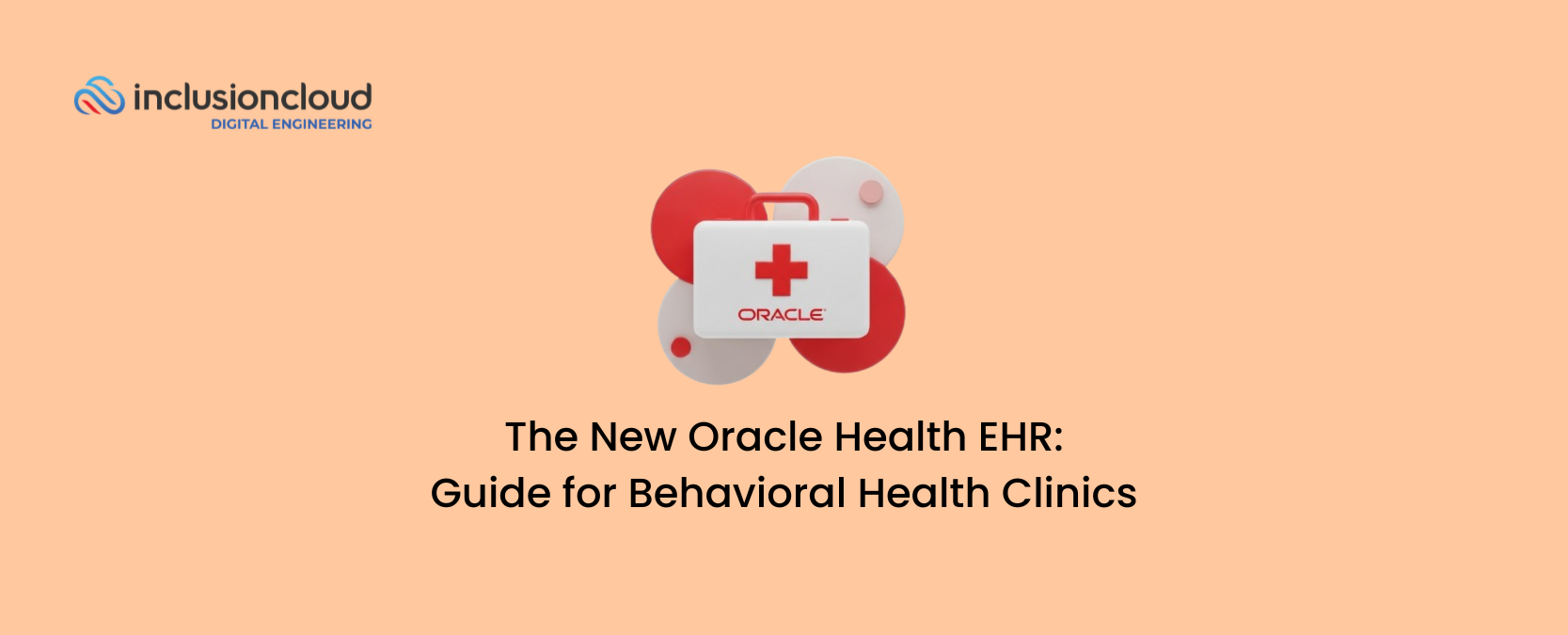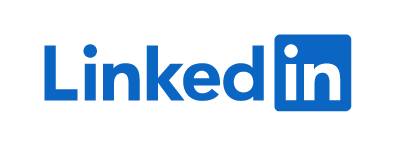Despite the great progress made in AI systems, there are still several ethical concerns about its use. In fact, according to a MuleSoft study, 37% of IT leaders face these kinds of challenges in digital transformation processes. And the introduction of the Salesforce autonomous AI agents has only further deepened concerns about the ethical framework for the use of agentic AI in business.
The reason behind this is that we are dealing with an autonomous system, which can make decisions and act without human supervision. It is precisely its range of autonomy that makes it ethically dubious since it looks like agents can surpass human vigilance in some cases, transforming into a kind of dystopian sci-fi movie villain.
While this last possibility is far from the truth, there are other ethical concerns around Agentforce. But how does Salesforce AI’s ethical framework solve these kinds of problems? In today’s article, we will see some of the most common moral and legal challenges faced by one of the major AI advancements of the year.
Why An AI Ethical Framework Is Vital for Businesses?
Now why exactly are AI ethics so important for businesses? Well, beyond the obvious moral concerns about a technology that is being used by almost 63% of companies, enterprises can achieve important benefits from a strong AI ethical framework. Some of the most significant ones are:
- Builds Trust: An AI ethical framework promotes transparency and fairness, building trust with customers, employees, and stakeholders.
- Ensures Legal Compliance: Strong ethical AI frameworks help businesses stay ahead of evolving AI regulations, avoiding legal risks.
- Prevents Harm: By prioritizing ethics, businesses can reduce the risk of bias, privacy breaches, and potential harm to individuals or society.
- Creates Competitive Advantage: Ethical AI frameworks appeal to conscious consumers, enhancing loyalty and market differentiation.
- Enhances Employee Engagement: A commitment to AI ethics aligns with employee values, boosting engagement and retention.
What Are Guardrails in Agentforce & What Are They for?
Before seeing the ethical concerns behind the use of Agentforce agents, we must remark on one of their attributes: the “guardrails”—built-in safety mechanisms that ensure agents operate ethically and responsibly. They basically prevent harmful, biased, or misleading behavior by setting clear boundaries on what agents can and cannot do in customer interactions.

In the short term, they are crucial for maintaining trust and compliance, as they help control data access, support fair treatment, and align AI actions with ethical guidelines. In fact, we can say that these protective measures are the base of Agentforce AI’s ethical framework, as they minimize risks and promote transparent agentic AI usage in business processes.
What Are the Main AI Ethical Concerns About Agentforce?
While they’re profoundly related to some of the most common AI ethical concerns, the use of Agentforce autonomous AI agents presents some particular moral issues. However, they can be summarized as follows:
- Autonomy and control.
- Job displacement.
- Security risks.
- Unethical use of customer interactions.
- Regulatory compliance.
We will analyze them and how Agentforce AI’s ethical framework is designed to avoid those kinds of troubles. However, bear in mind that the deployment of agentic AI solutions should be closely monitored. Otherwise, you can possibly face issues that could undermine both your performance and reputation.
At Inclusion Cloud we can help you. Let’s meet to start planning a responsible and strategic autonomous AI agents’ deployment for your business needs!
1. Autonomy and control
Thanks to its Agentic AI systems, Agentforce agents can operate with a major degree of autonomy. While it is true that they will not pass a Touring test, the need for actual human programming is minimal. However, this produces a fear about the possibility that human oversight is diminished in some situations.
Basically, this ethical concern consists of the fear that autonomous AI agents can avoid human supervision, taking actions that can harm a business and/or the smooth functioning of certain workflows. For example, in retail, they could automatically make product changes not requested by customers in stores, undermining both a brand reputation and post-sales service.
However, Agentforce is prepared to prevent this kind of scenario. As we mentioned earlier, the action limit of these autonomous AI agents is set by the business users through the guardrails. These are what establish the AI ethical framework of this technology by setting clear limits to its autonomy without using any coding. So, while they are autonomous, agents can’t just do what they want, but what you told them to do.
2. Job displacement
Another of the AI ethical concerns about the incorporation of Agentforce is the possibility that this technology completely replaces human labor. While this is a concern about the use and evolution of AI in general, it particularly concerns agentic AI since the combination of its autonomy degree could make agents act more humanly than other AI systems like LLMs or chatbots.
However, the answer to this is the same: AI in any of its variants is not meant to replace humans in any sense. On the contrary, it empowers business users to take a more strategic role in work ecosystems. Human labor is no longer tied to basic tasks but to the management of these and other technologies. For example, according to our studies, GenAI is becoming the executor of development processes, while developers have the task of making products more functional and user-friendly.
In addition, the automation of certain tasks allows an organization’s teams to focus on key issues to improve their effectiveness and performance. For example, during the holiday season, when sales teams are more overloaded than ever, agents can monitor stock and handle basic claims (like returns or exchanges), lightening their workload so they can focus on other core areas.
3. Privacy and security risks
One of the major AI ethical concerns is the potential security risks and privacy violations. On one hand, AI agents can be vulnerable to many security threats, like exploitation or hacking. On the other hand, Agentic AI systems typically require constant expansion of their knowledge base by accessing large amounts of data, raising questions about data privacy and the handling of sensitive information.
But Agentforce AI’s ethical framework is prepared to prevent this kind of data leak with Einstein Trust Layer. This is a Salesforce security and privacy framework designed to protect sensitive customer data within the CRM. It strictly controls data access, ensuring that autonomous AI agents can securely access only the information necessary for specific tasks, thus minimizing data exposure.
4. Unethical use of customer interactions
Another of the AI ethical concerns about Agentforce is related to agents’ usage of customer interaction information. Basically, if autonomous AI agents engage with customers, ethical considerations around consent, honesty, and the nature of these interactions must be considered to maintain business trust and integrity.
But while this may be a valid concern when it comes to AI produced by small and medium-sized companies, the case of Agentforce agents is different. Through advanced, transparent algorithms, Agentforce minimizes bias by relying on Salesforce’s ethical AI guidelines and audit processes, which ensure fair treatment across customer interactions.
5. Regulatory compliance
Finally, one of the major Agentforce AI ethical concerns: is the regulatory compliance with regulations governing AI use, data protection, and consumer rights. This is not a minor issue since the violation of this legal and regulatory landscape can be of great prejudice to businesses.
However, this is not a problem for Agentforce. As we said before, these autonomous AI agents integrate Salesforce’s compliance standards for operational regulations, supporting consistent adherence to industry-specific requirements. In other words, besides the guardrails, agents are presented with industry requirements, so they know and meet these requirements from the beginning.
Are autonomous AI agents the key to seamless integration?
As we have seen, Agentforce’s ethical framework is strong enough to prevent both use and morally dubious behavior by its autonomous AI agents. This is backed by technical resolutions, such as guardrails and integration with Einstein Trust Layer. Thanks to this, business users can make good use of these tools to enhance their productivity. But this is not the only possible usage of this technology.
Agentic AI is also the key to seamless integration, the base of a digital transformation process. If autonomous AI agents operate across every software system, they could autonomously manage system integrations without the need for manual configuration. This way, integration processes would become simpler and seamless. But, while they could handle most of the complexity, other approaches (like APIs) will still be crucial.
That’s why tech consultants and integration companies will always be necessary. With proper guidance and management, businesses can make the most out of these advancements without losing their project ownership and control over their workflows. At Inclusion Cloud we are happy to help you out. Let’s meet to find the right integrated solutions for your business needs.
And don’t forget to follow us on LinkedIn for the latest industry trends and news! Also, you can check the first edition of AXIS, our first research lab!





